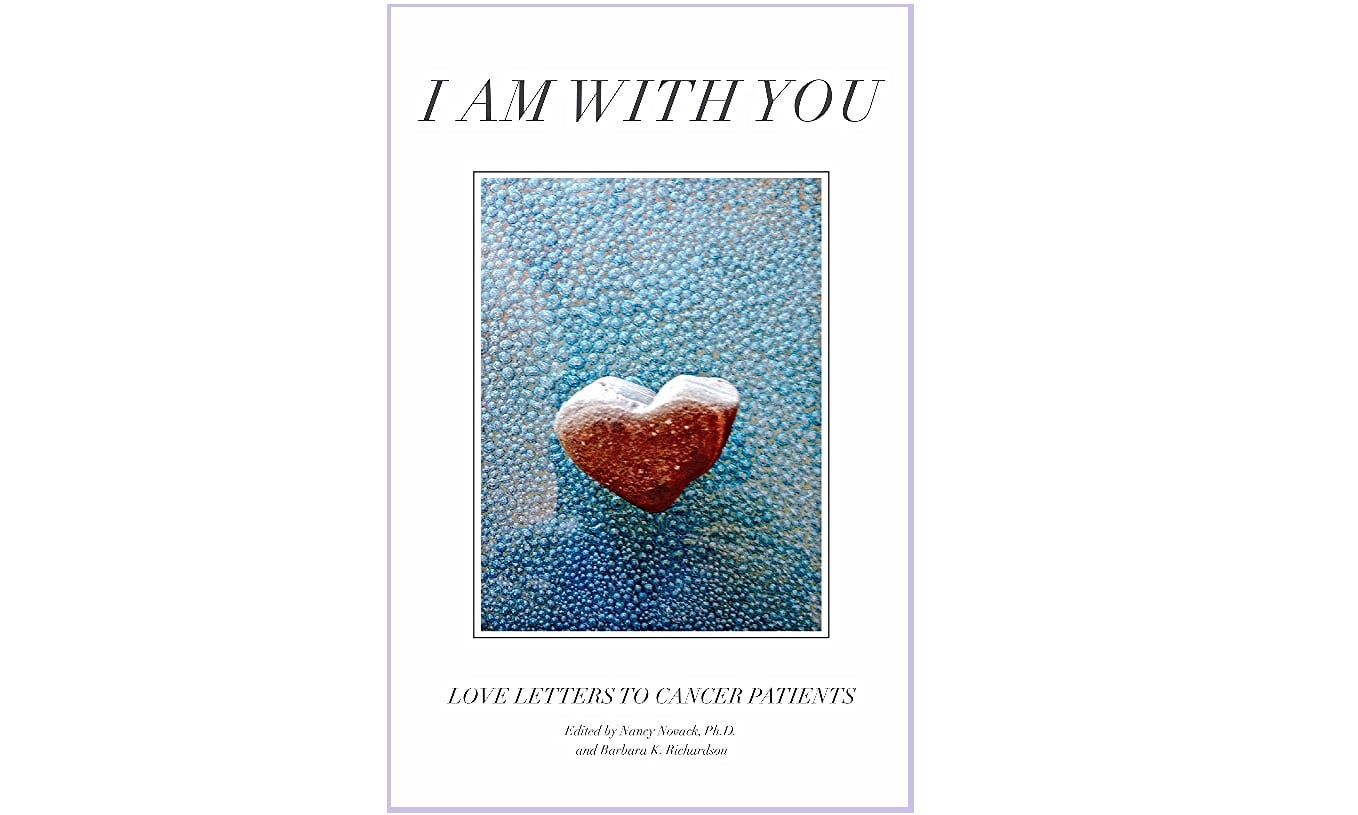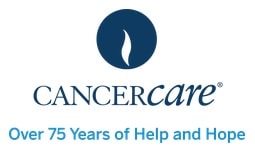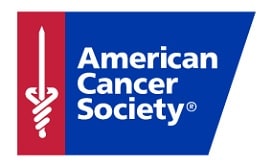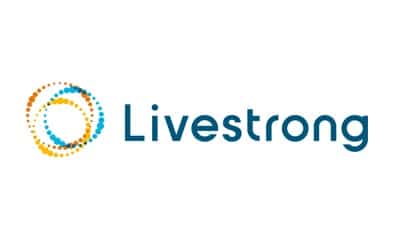Bringing more love and support into your life
Love and support often comes from family members or friends. However, we realize not everyone is fortunate enough to have such connections. Common ways to expand social support include support groups, community and church organizations, and colleagues. Many cancer centers and communities offer groups for people with cancer.
Suggestions for creating a supportive network
Assemble your team
Make a list of all the people in your life who can help support you––emotionally (listening) or practically (driving you to treatments, providing meals, and much more). Identify the specific kinds of support each person can give you. Think about family, friends, neighbors, members of a church or community organization you belong to, colleagues, and acquaintances. Think outside the box to other connections you have to people who would understand what you’re experiencing. Maybe there are friends and relatives whom you don’t usually have contact with, but who would like to come back into your life to help you. This is your go-to team. Remember, your team doesn’t have to be large.
When you don’t feel well enough to organize your support, ask someone to organize and enlist help for you. For instance, this person might be in charge of contacting people who would prepare meals for you.
Care for your caregivers
Support works both ways, which is why we call this practice Sharing Love and Support. Just as you will need physical and emotional support, those who care for you need support, too. Be sure to include your primary caregivers in your support plans. Find respite care for them if possible so that they can enjoy some time away from the demands of caregiving. They need to tend to their own needs and replenish their emotional and physical reserves. Partnering to tend to your and their emotional, physical, and spiritual needs may deepen your relationship, lower stress for all of you, and improve everyone’s quality of life.
Support groups
Join a support group
If you don’t have a strong support system with family and friends, consider joining a support group that has members who are going through similar experiences and challenges as you, such as a cancer-specific group, a “young adults with cancer” group, a metastatic cancer group, and so on.
Being part of a support group means you have opportunities to give as well as receive support.
Integrative physician and CancerChoices advisor Keith Block, MD, suggests that support groups seem to be most helpful during treatment or after treatment, but not right after diagnosis.1Block KI. Life Over Cancer: The Block Center Program for Integrative Cancer Care. New York: Bantam Dell. 2009.
Finding support
Many online and virtual social support programs are available for people with cancer.
Support groups from our partners
Other support groups
Online discussion forums
For young adults
Join other types of groups where you feel kinship
Consider participating in other groups activities such as these:2Alschuler LN, Gazella KA. The Definitive Guide to Thriving after Cancer: A Five-Step Integrative Plan to Reduce the Risk of Recurrence and Build Lifelong Health. Berkeley, California: Ten Speed Press. 2013.
- Book club
- Discussion group
- Class
- Volunteer group
Important sources of social support reported by children and adolescents with cancer include relationships with immediate family members, aerobic classes, age-appropriate support groups, online networks, survivor day picnics, family retreats and facilitation of storytelling.3Turner JK, Hutchinson A, Wilson C. Correlates of post-traumatic growth following childhood and adolescent cancer: a systematic review and meta-analysis. Psychooncology. 2017 Nov 2.
Retreats
If you’re drawn to it, look into attending a retreat for people with cancer. Some can be specific to age groups or types of cancer.
Find a supportive professional
Meet with a professional who can provide emotional and practical support, such as an oncology social worker, a cancer navigator, or a counselor who works with people with cancer.
Personal stories
Sharing love widely
39-year-old Manuel Garcia spent weeks in the hospital for cancer treatment. He felt all alone in his baldness and cancer until, as he finally returned home, he was surprised by an incredible act of love and support. A New York Times article reports his homecoming
A song commemorates his story.
Further stories
Read more stories from our cancer community of people who have made Sharing Love and Support an important part of their cancer care.
Helpful links

Association of Cancer Online Resources ›
A collection of online cancer communities designed to provide timely and accurate information in a supportive environment
Keep reading
Sharing Love and Support
More Healing Practices
Learn more
References




